Issue One
-
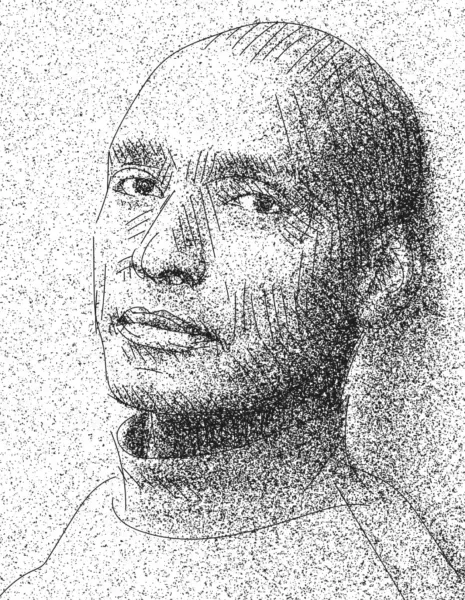
« When I was silent… » — Interview with Sulaiman AddoniaThis article is available for Members only. Check out our subscription plans to become a member.
published in
Stop! I am doing what they all do: presenting writer Sulaiman Addonia as one-who-has-suffered, because he grew up as a refugee. It is a problem of genre. Suffering has become an interviewer’s crutch.
-
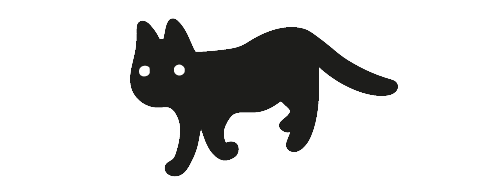
Animal Anti-CitiesThis article is available for Members only. Check out our subscription plans to become a member.
published in
« A black cat sneaks across a flower bed toward a shed, past some asters, and squeezes into a gap an arm’s width wide. Some worn-down club-goers lay wasted on sofas, sweat and smoke in a late-summer landscape. » On Berlin clubs and Calvino’s cat flâneurs.
-
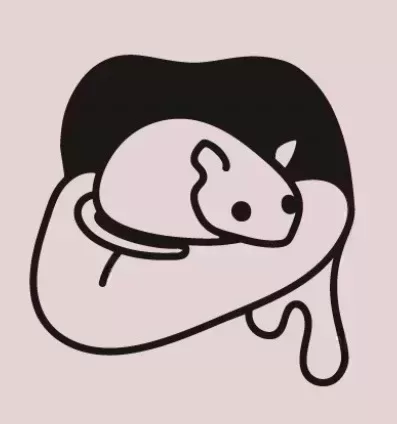
Sugar MouseThis article is available for Members only. Check out our subscription plans to become a member.
published in
A poem, plus a note on tongue-like mice and the translation of mice-like tongues.
-
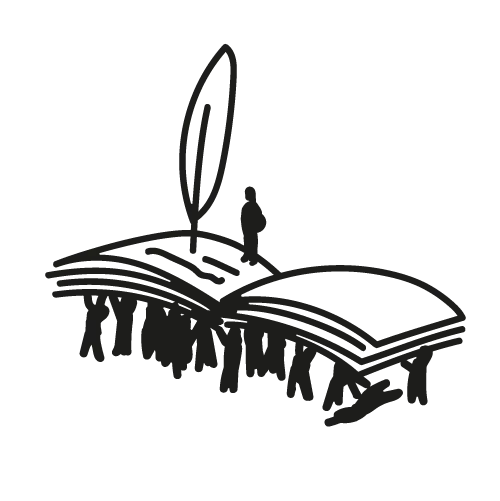
Into the muckThis article is available for Members only. Check out our subscription plans to become a member.
published in
Time? For? Socialism? What happened when Thomas Piketty descended from the elegant mathematical Olympus of economic theory into the muck of political and economic crises, public debates, social confrontations, and competing visions of progress?
-
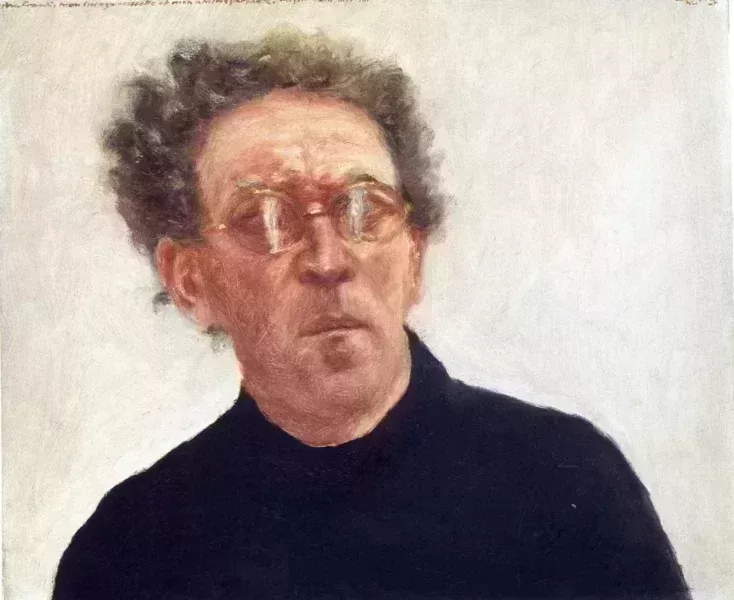
All is not vanityThis article is available for Members only. Check out our subscription plans to become a member.
published in
Lose, delete, restore. What to remember when everything is always, forever, in a digital now?
-
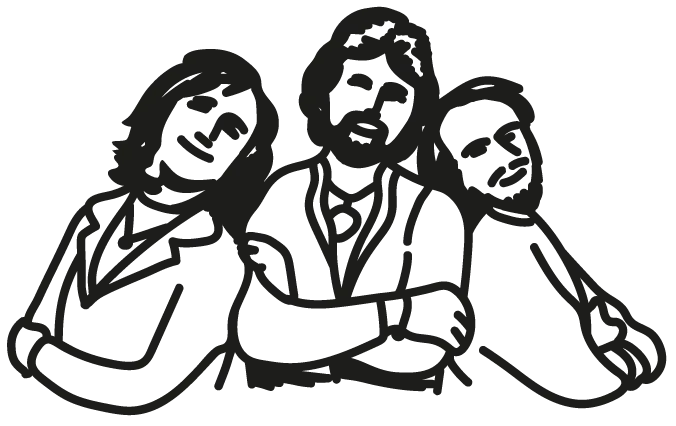
Bee Gees FAQThis article is available for Members only. Check out our subscription plans to become a member.
published in
Fragen, Antworten, Quintessenzen.
-
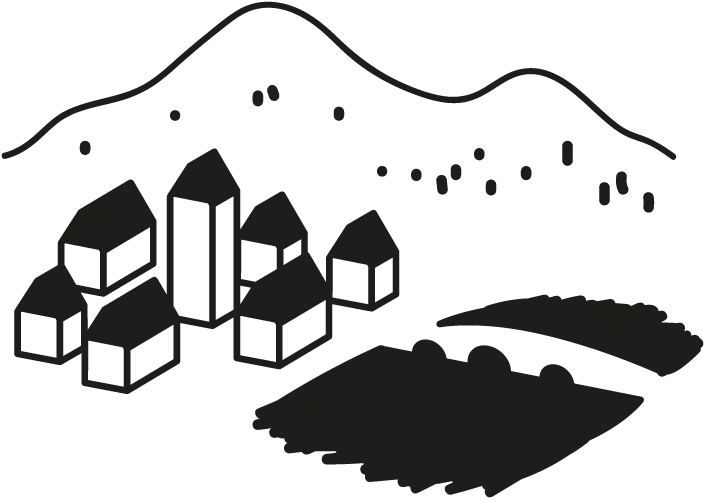
To see a cityThis article is available for Members only. Check out our subscription plans to become a member.
published in
« What if all fictional characters from novels continue to dwell somewhere, just like the dead? » Sewn together, the fragmented narratives of Daniela Hodrová’s City of Torment (Trýznivé město) make something deeply European.
-

Optimize this headline for Google*This article is available for Members only. Check out our subscription plans to become a member.
published in
Google’s rise to dominance can seem inevitable, and its power over publishers monolithic. Yet Google’s wanton disruption of publishing resembles evolution more than intelligent design. Journalists, publishers, regulators, and scholars are left grappling with our new, random god.
-
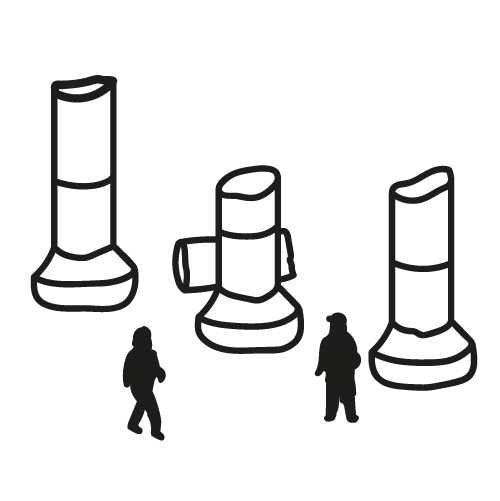
What is a pillar?This article is available for Members only. Check out our subscription plans to become a member.
published in
In 2010, OMA was invited to take part in a competition for the Damascus National Museum. It was part of a concerted effort toward a political « rapprochement » with Bashar al-Assad. Three months later, the entire effort was cancelled. Civil war was about to break out.
-
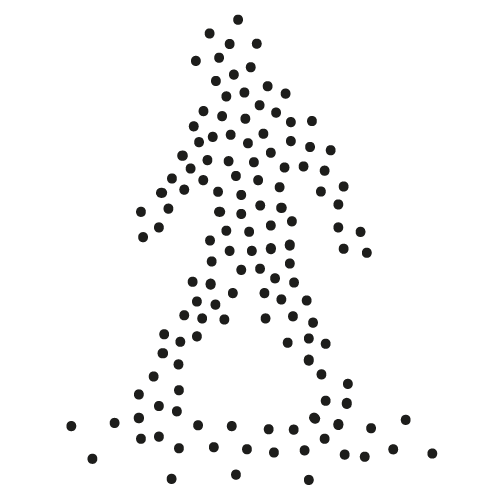
On paths not takenThis article is available for Members only. Check out our subscription plans to become a member.
published in
« Genocide Studies » is a house with many rooms. It accommodates and even encourages a broadening of its central concept. And like all academic fields, it presumes its object of study will always be there.
-
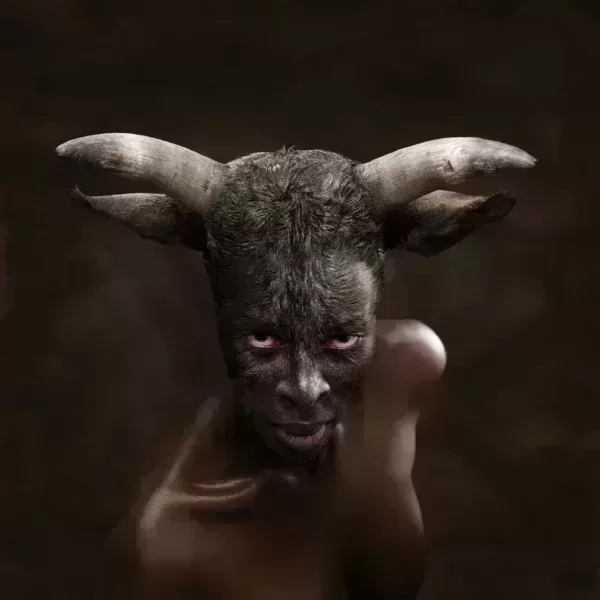
Europas & bulls
published in
A logo might start as a designer’s whim. Only then does one look for meanings to fill it with. On Europas: mythic, artistic, fictional, political, psychological, satirical, and finally unfinished.
-
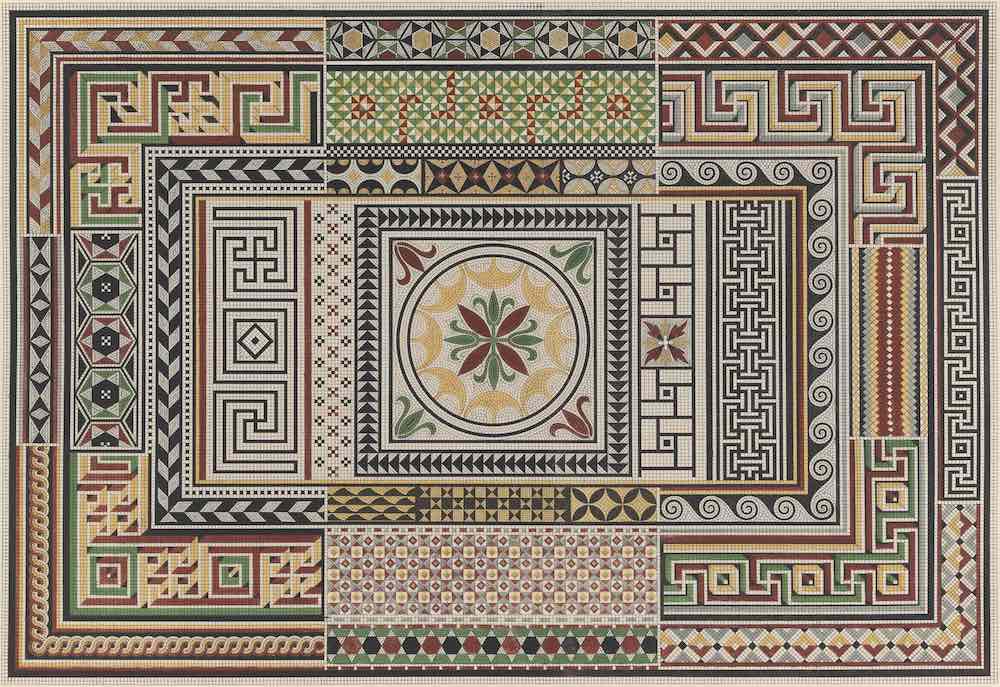
A breast is a breast is a breastThis article is available for Members only. Check out our subscription plans to become a member.
published in
To contemplate Pompeii is to contemplate archeology in its most extreme form, framed by the wish not only for discovery, but for resurrection.